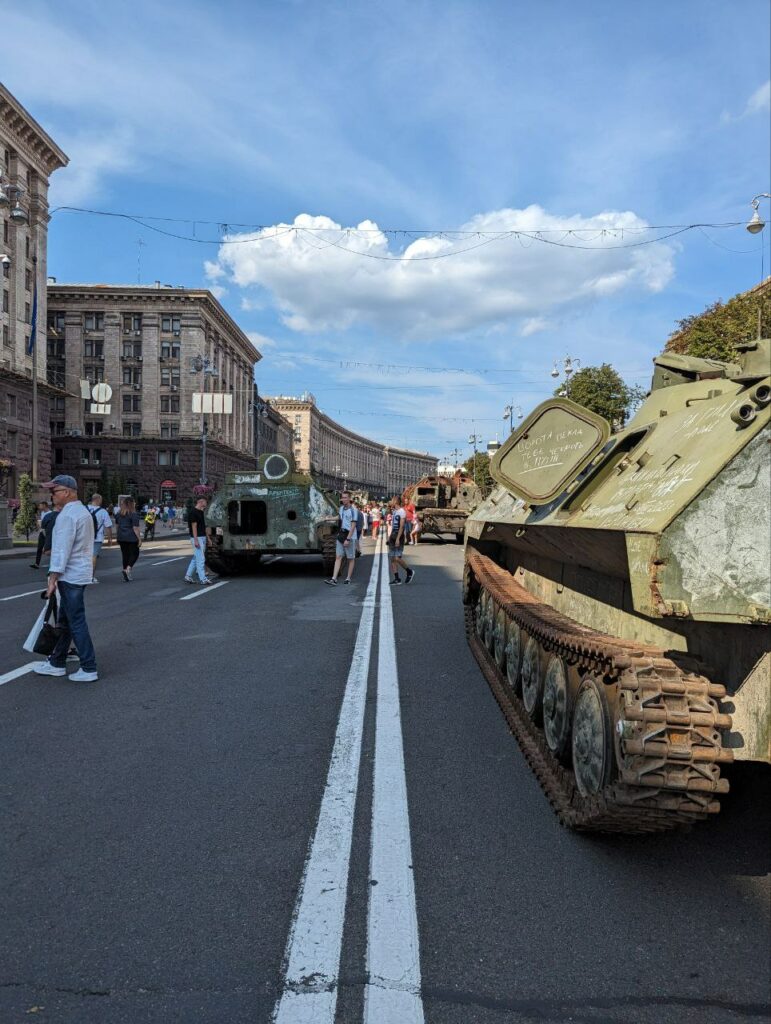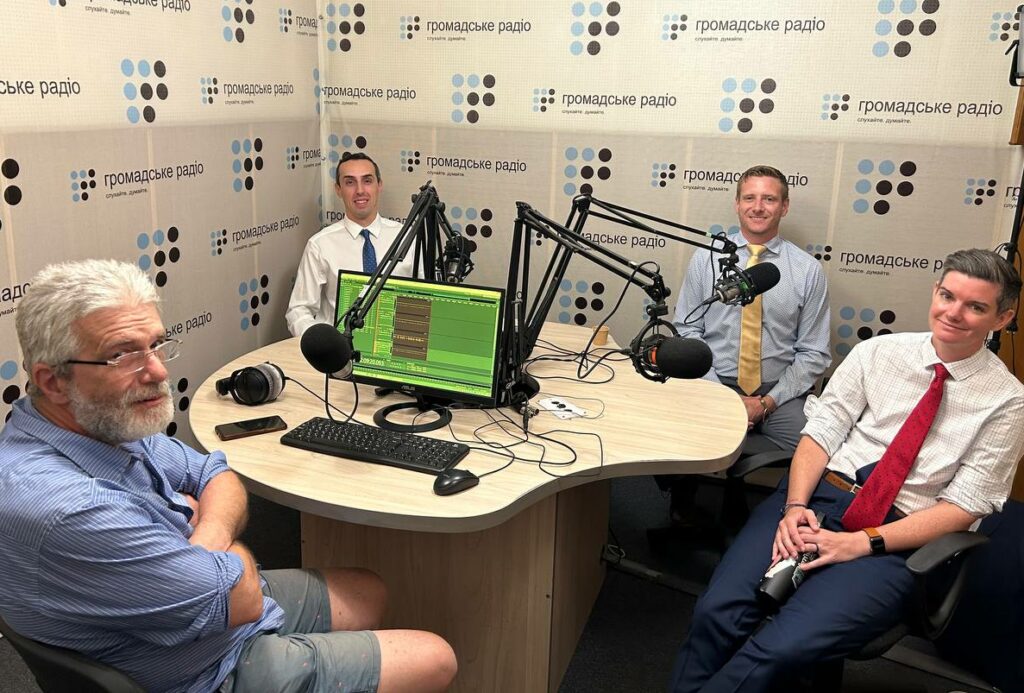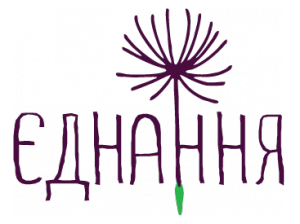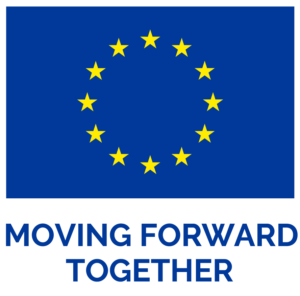
U.S.-Ukraine Veterans Bridge: «We’re going to hold the line here for democracy and freedom»
The conversation with three members of the U.S.-Ukraine Veterans Bridge was recorded on the eve of Ukraine’s Independence Day 2023. It is an important discussion about the violence of war, veterans issues and transgender people in the army.

Оur guests today are three members of the U.S.-Ukraine Veterans Bridge:
- the executive director of the Union Veterans Council in the United States Will Attig,
- the executive director and co-founder of Minority Veterans of America Lindsay Church,
- the chief of staff at the American Federation of Governed Employees Cory Bythrow.
The conversation with three members of the U.S.-Ukraine Veterans Bridge was recorded on the eve of Ukraine’s Independence Day 2023, and major dates tend to change what we normally see around. So, I started with a question related both to the war and to whatever festive occasions may happen during the war.
«War is the most horrible and vile thing you could ever do»
Andriy Kulykov: On the way here, you may have passed the display of damaged and captured Russian armored machinery on Khreschatyk. And yesterday, a friend of mine who is a Canadian and a deeply civilian person said that when she sees this display, she wants to cry because she thinks of so many people who have died. As a result of this machinery being in Ukraine, and also about the might of the aggressors’ army. I wonder, what do you think about when you see this display?

William Attig: I’ve been very struck. I’m a combat infantry veteran, did multiple tours in Iraq. And what struck me the most of my experience so far in Ukraine is that the very first day
I went out for a run and I saw an apartment, and it was like a kid’s room. I fought for months in places all over the world, but my family, my friends, my country never faced an aggressor that was willing to just simply say «You should not exist because of who you are». And I want to cry too, but I always say I’m a combat infantryman. We cry a little differently because when we cry, it’s full of rage. Because we know what that means. We know what those burnt out vehicles mean. Because it’s not just the civilians that are being targeted. It’s the young men and women and the people, who take everything they do to volunteer them and then to go to their front line and decide to say «no more».
We’re going to hold the line here for democracy and freedom. And I know what that takes, and I know what it does to people. War is the most horrible and vile thing you could ever do. And the reality of it, I think that many of us in the West have thought that we’ve moved past such an aggression, such an attempt to be a colonialistic empire again. And from day one of the invasion, I decided I was going to do whatever I could to help and support. And that’s, that’s why I’m here today.
«One in five transgender people will serve in the United States military during their lifetime»
Andriy Kulykov: And of course, when you speak of the thin line that Ukraine holds now against the aggression, I remember this English expression «the thin red line». And I know that it becomes stronger and, if I may say so, thicker with the solidarity of people like you. However, not all of them come to this country. They are satisfied with helping us from wherever they are. Why did you come?
Lindsay Church: We work with veterans who are underrepresented in minorities, so race, gender, sexual orientation and religion, trying to create belonging for people that have been harmed by the military and don’t have a place to belong anymore. And I was called by my friend Will to join the efforts to support the U.S.-Ukrainian Veteran Bridge to see what we can do to support those who live in underrepresented identities.
I served in the United States Navy under a policy that we call «Don’t Ask, Don’t Tell». And it’s a policy that where LGBTQ service members could be in the military, but we couldn’t
talk about who we were. And you all don’t have an equivalent of that policy. However, the culture in the military is not exactly accepting. Yet, from my experience, LGBTQ people are the most patriotic Americans that you can find.
One in five transgender people will serve in the United States military during their lifetime. And I know this to be true among international, it’s not just a U.S. thing. And so I know that there are people like myself who are serving on the front lines, who are putting country before anything. And that is, it’s horrible and it’s hard. But I know that there are people out there who know that their country is the most important thing to them and that everything else comes second. And so I’m grateful to be here to offer anything that we’ve learned and anything that we’ve learned that we’ve done wrong to support those folks that don’t have that support in service. And when I got the call, there was an immediate «yes». I had asked my wife first if I could come. So as soon as I got that, it was a green light for me.

«I don’t know how to sit on the sidelines»
Lindsay Church: When I was ready to serve, it was during the invasion of Iraq, and we were losing people, so many people. And I thought to myself, I want to support service members. And the thing that I can do is not just talk about it.
It was to do it. Joining the military was important for me because I knew, I believed that my country and the values that we stood for. And the people to my left and right, my neighbors, my friends, that was the most important thing in the world to me.
I don’t know how to sit on the sidelines. I don’t know how to not have an opportunity to be here and not say «yes». Because what you all are going through and what Ukraine is experiencing is the most horrific thing many of us have seen in generations. And to be here is an honor and to be here to meet the folks that we have, to be received by Ukraine, even in the middle of a war in such a hospitable way, just shows how essential it is that Ukraine continues to exist.
Andriy Kulykov: Just briefly, you listed so many minority groups that I presume that combined, they may well constitute the majority.
Lindsay Church: Absolutely. We knew that when we started our organization, it was me and my dear friend who’s a Korean American woman veteran. And I’m transgender and queer. And the two of us knew we didn’t have the same experiences in life and in the military. But what we knew is that we were being marginalized and oppressed by the systems and the policies that existed.
And that if we didn’t figure out a way to get bigger, that we were going to continue to have fewer rights and fewer services. And so what we ended up doing was saying across these four identity groups, there’s two million women veterans, over a million LGBTQ veterans, 5.5 million racial minorities, 1.6 million religious minorities. And together, we constitute about half of the community. But alone, we constitute 10, 5, 25. All of those numbers are small. But when we said we’re going to come together under this bigger banner of change, we started to organize together.
We started to change policies together. We started to change minds together. And when we did that, we became stronger and bigger and now constitute a majority.
«Environment, where veterans are taking care of other veterans»
Andriy Kulykov: Will said that almost a million or over a million veterans are represented in the organization. But how typical is your stand in treating Ukraine like the as a place, that you should go, that you can’t sit on the fence and just watch?
Cory Bythrow: I’m with the largest federal workers union in the United States. And many of our members work at the U.S. Department of Veterans Affairs, taking care of our veterans every day, the U.S. Department of Defense and many more. What’s unique about our position, and I understand this is different in Ukraine, is that one in every three U.S. federal employees are veterans themselves. In the Department of Defense, this number is much higher, 47 percent. In the Department of Veterans Affairs, that number is about a third, 33 percent. So what we’ve created is an environment where veterans are taking care of other veterans.
Unlike my colleagues here on the panel, I am not a veteran. My role here is to talk about how broader society beyond just veterans themselves, beyond just the government, can come together to support veterans and all of their needs.
Andriy Kulykov: And what’s the main message that you offer when talking about this?
Cory Bythrow: My message is that veterans issues are not just veterans issues, and that our veterans fought hard to protect the society that we have today. And when they come home, society needs to fight equally hard as they did for them.
Listen to the full interview, turning on the audio player at the top of the page
This podcast is produced within the project «EU Emergency Support 4 Civil Society», implemented by ISAR Ednannia with the financial support of the European Union. Its contents are the sole responsibility of Hromadske radio and do not necessarily reflect the views of the European Union.




